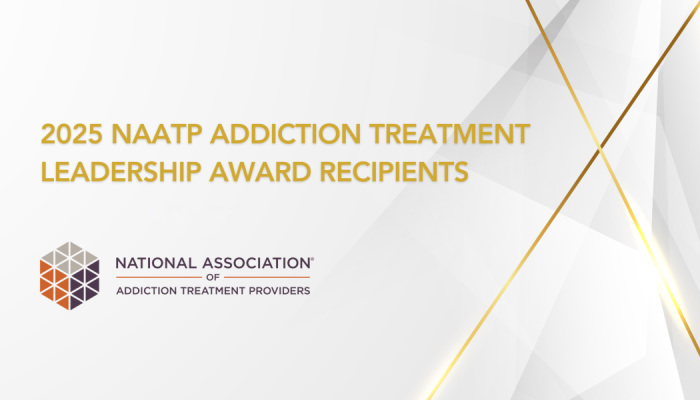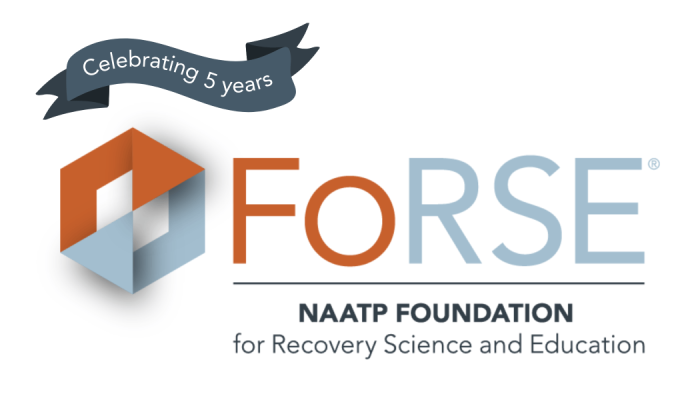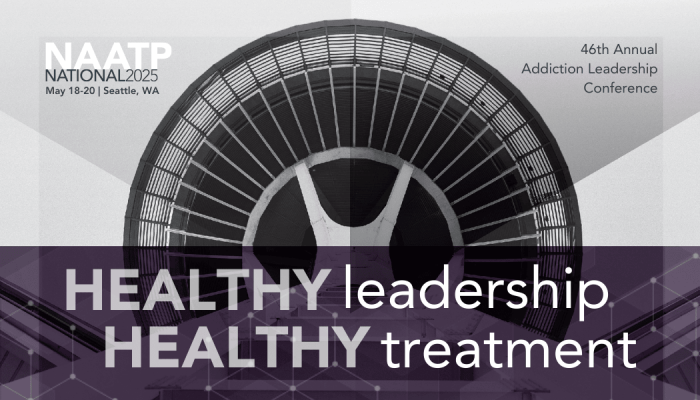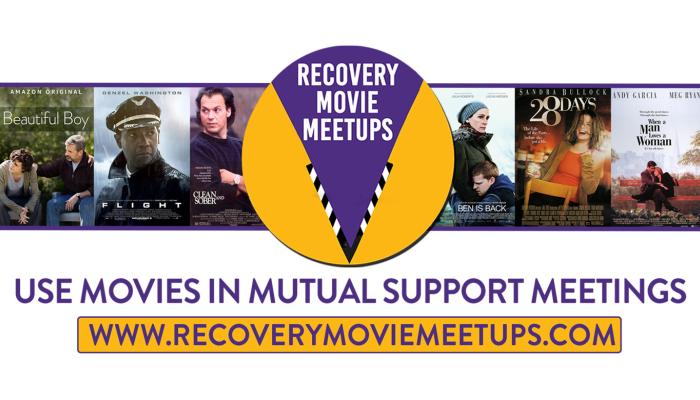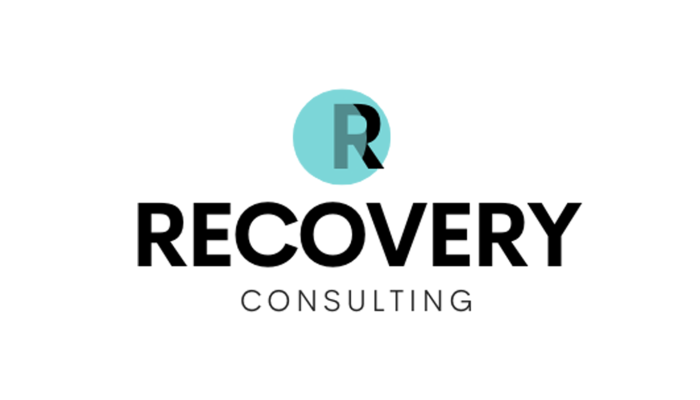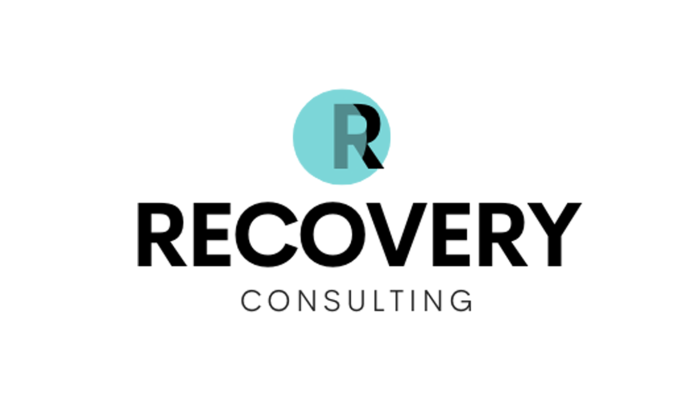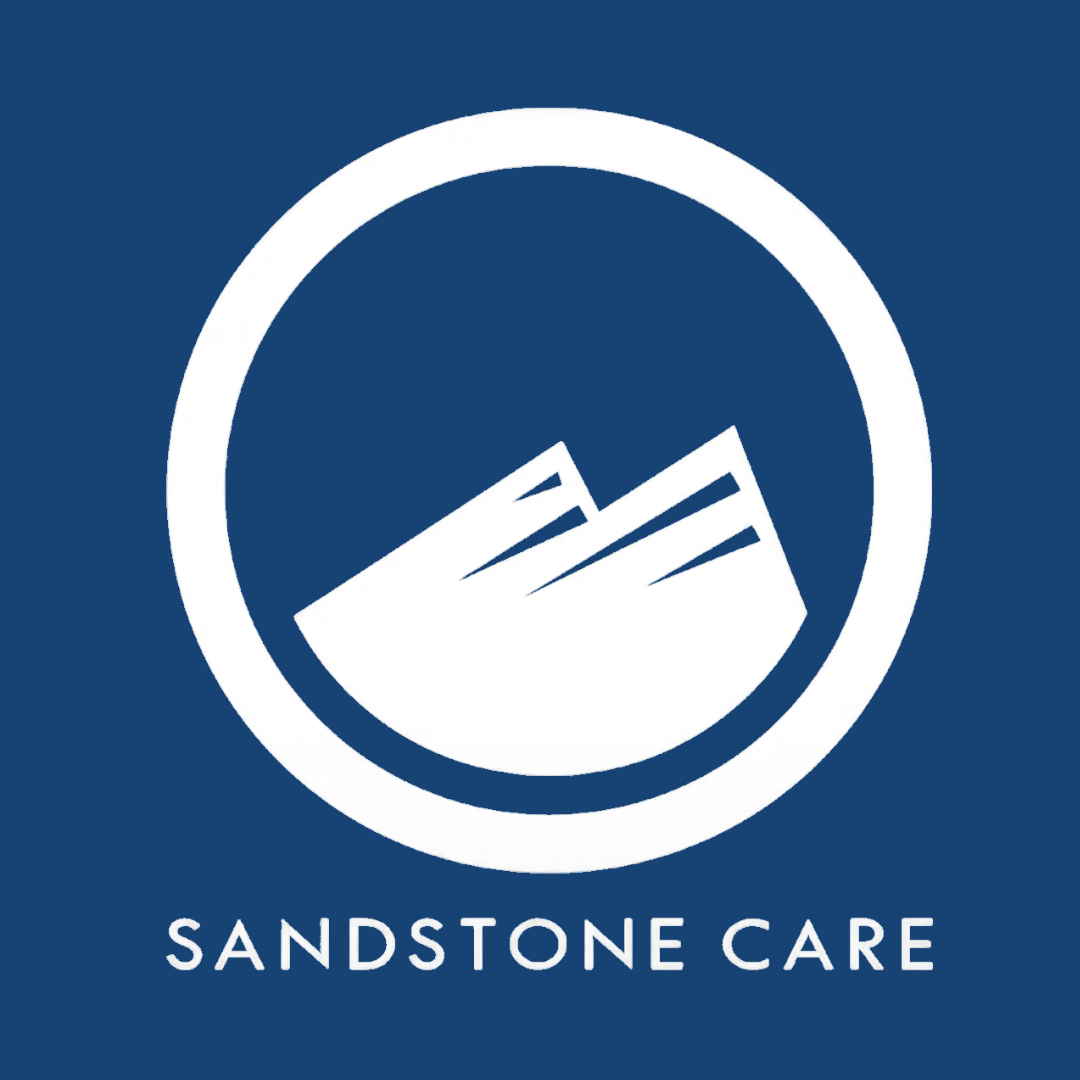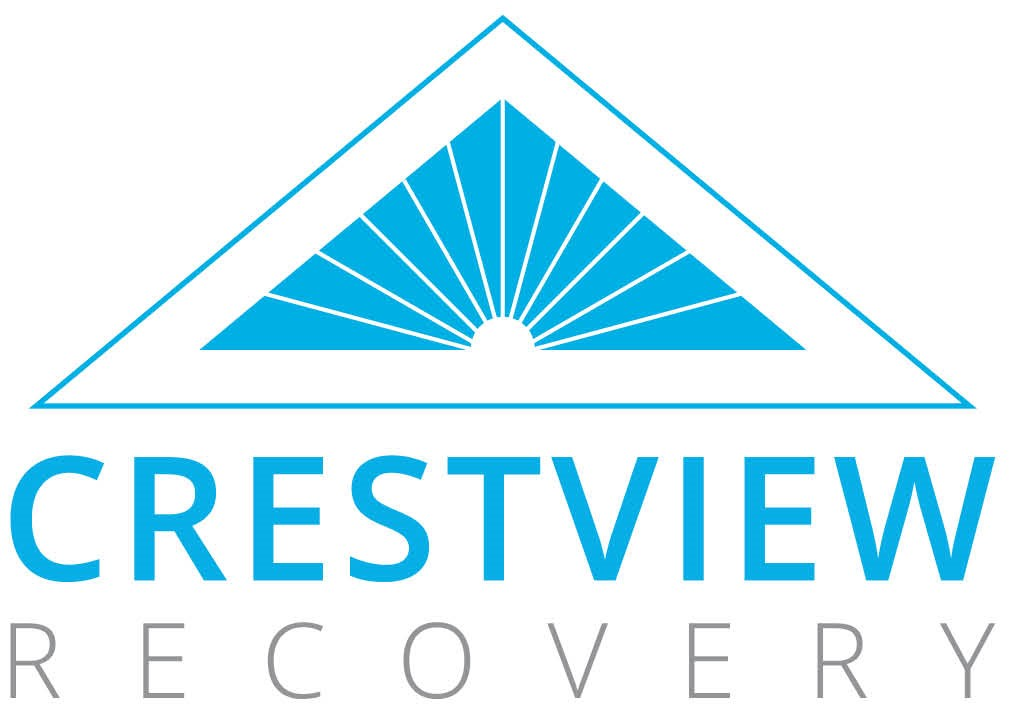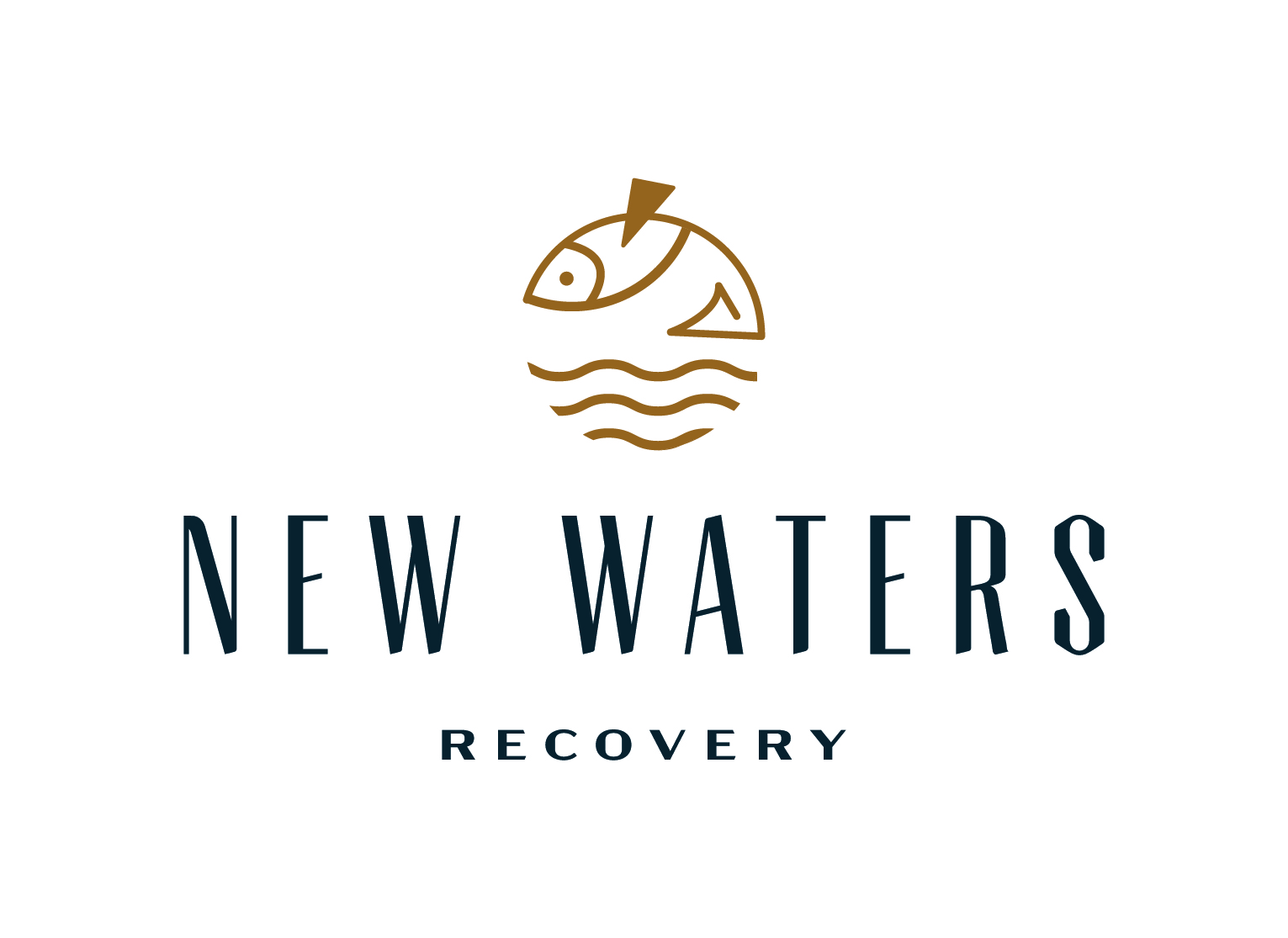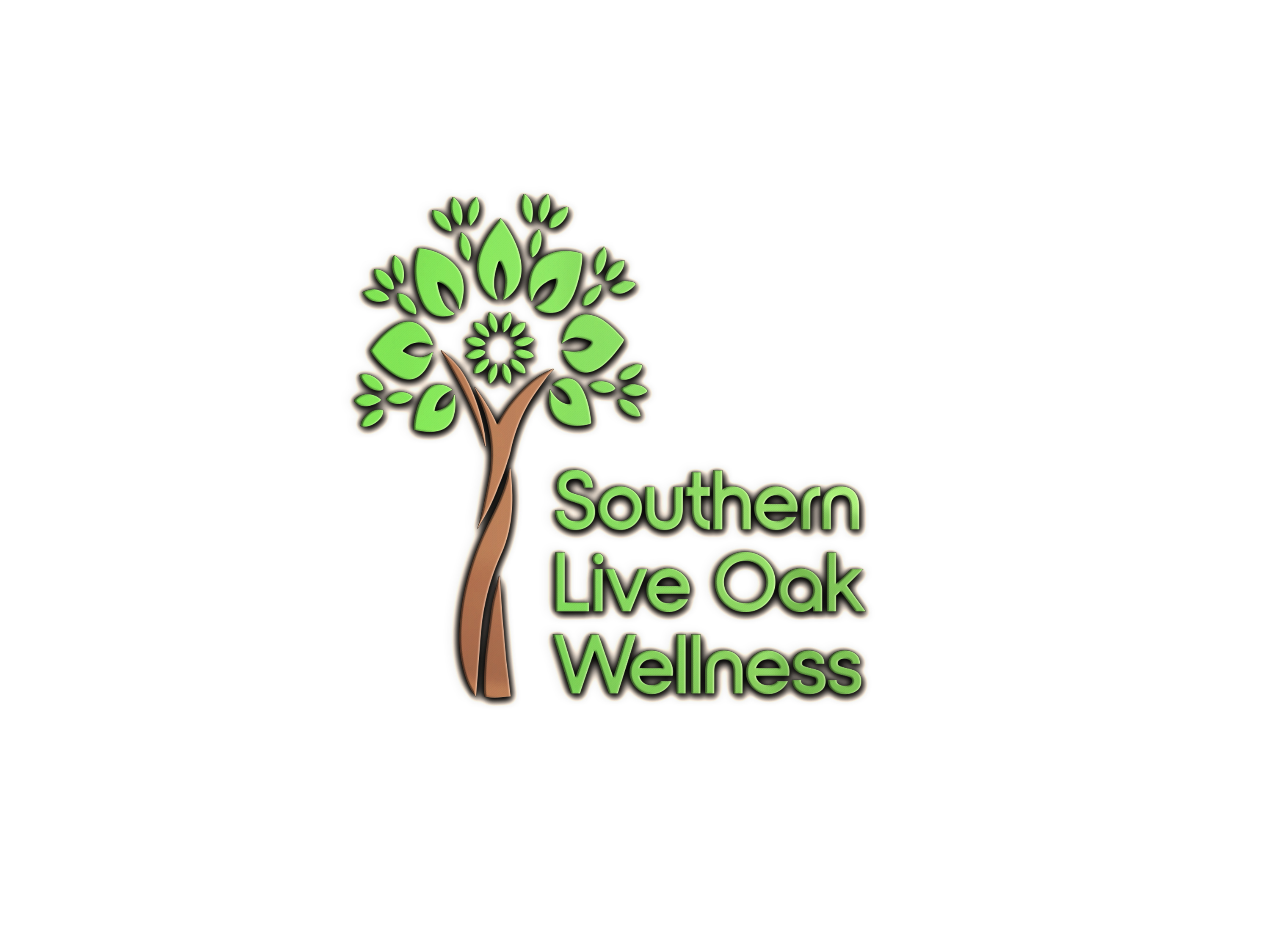Dec 7, 2017
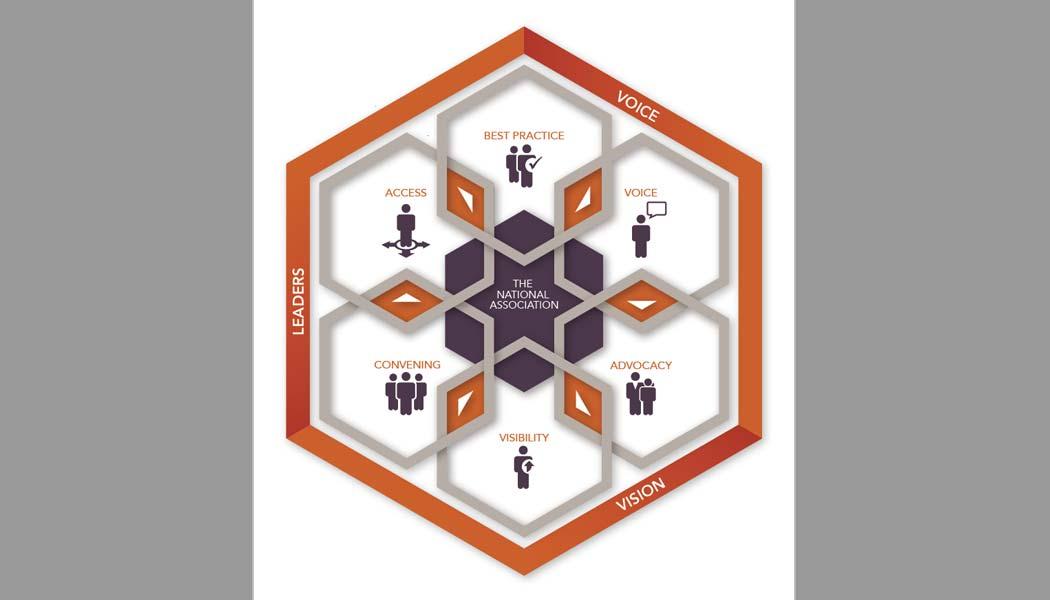
2018 will be the 40th anniversary year for the National Association of Addiction Treatment Providers (NAATP). It will be a particularly important year.
Throughout 2018, NAATP will implement components of our Quality Assurance Initiative (QAI) designed to improve the condition of addiction treatment and aid our members. It is lost on none of us that the addiction field has a problem. Unethical conduct by certain treatment providers continues to harm patients and damage the reputation of credible providers as well as the very nature of our service. The QAI addresses this through a series of measures designed to promote best business practice, deter problematic business practice, educate and protect the consumer, train the provider, and inform policy makers and payers.
A revision of the NAATP Code of Ethics will be released soon. It will improve on the current code by defining prohibited acts including service misrepresentation, patient brokering, leads buying and selling, deceptive web presence, deceptive directory call aggregation, insurance billing abuse, payment kickbacks, and licensing and accreditation misrepresentations. These practices should not be used by any provider, and they are prohibited for NAATP members.
NAATP has been convening as a professional society for 40 years. We do so in the spirit of collaboration and the shared belief that when we work together in an ethical environment, our businesses thrive to the benefit of the patient. This is no longer a universal belief within our field. Values-less profiteers have entered our work at a time when the public needs us most and does not know where to turn. Neither do payers know how to distinguish the high quality ethical provider from one that misleads and harms.
NAATP must be the place where treatment providers are distinguishable as high-quality ethical providers. Toward that end, NAATP will continue to process ethics complaints through our system, and we will act unilaterally when we become aware that a member is in violation of our membership conditions, to the point of removal if warranted. This also means that some members will not be re-invited into membership in 2018.
While it is true that we face difficult challenges in our work, we must not lose sight of our successes. We know more about treating addiction and we have better tools to help our patients recover than ever before. Additionally, there is finally broad scientific, social, and political support for what we have always known: addiction is a primary, chronic, biological-psychological-social disease that is treatable. In these respects, as a unified, competent, and ethical professional community, we are poised for success.




